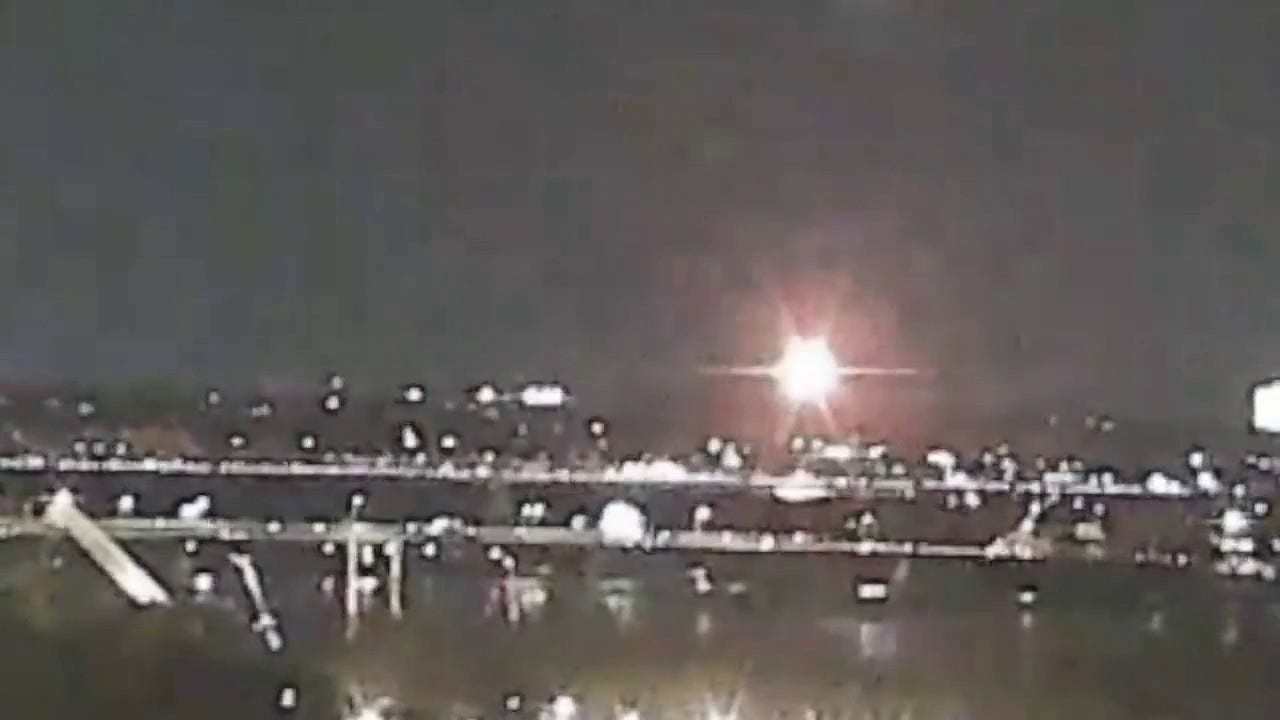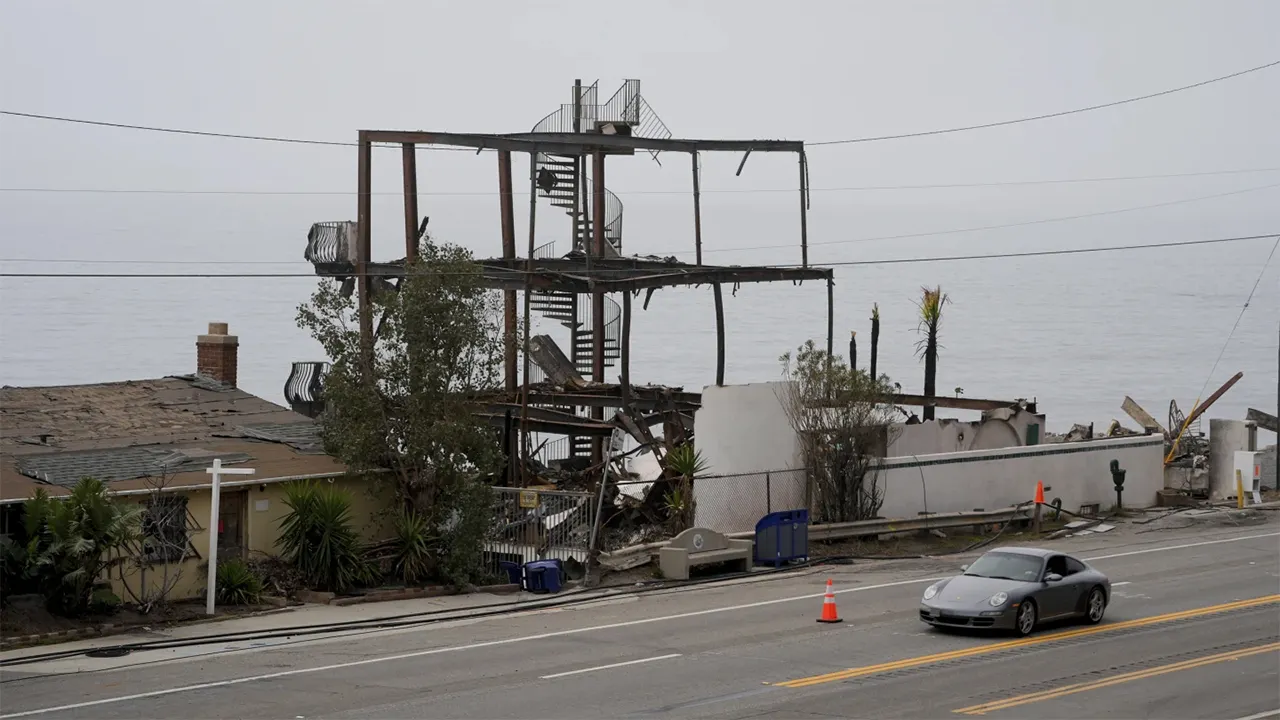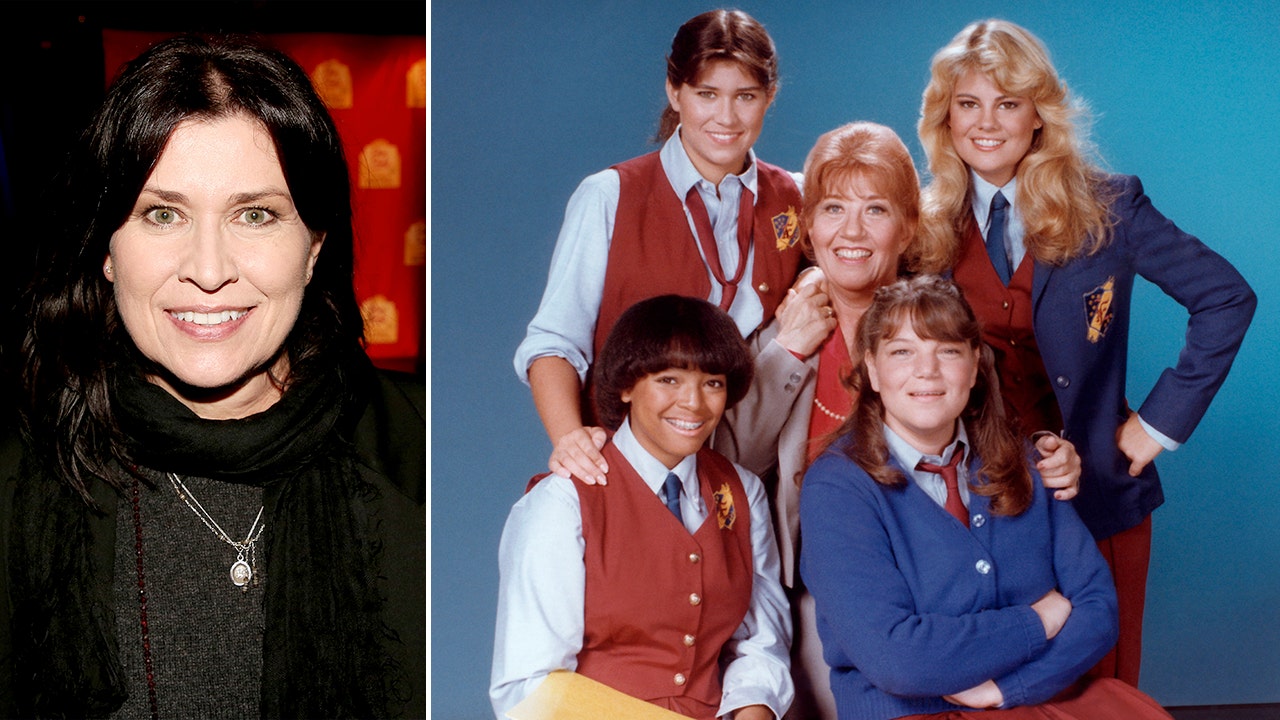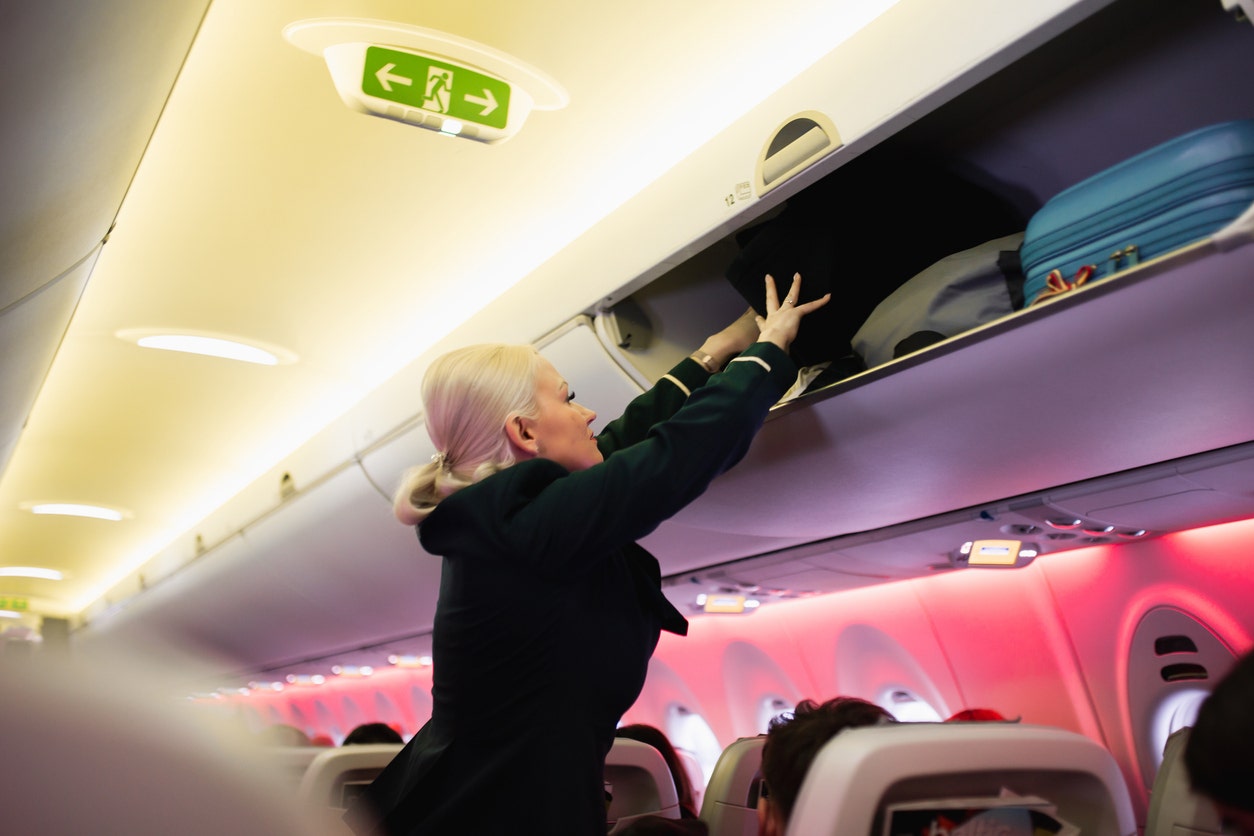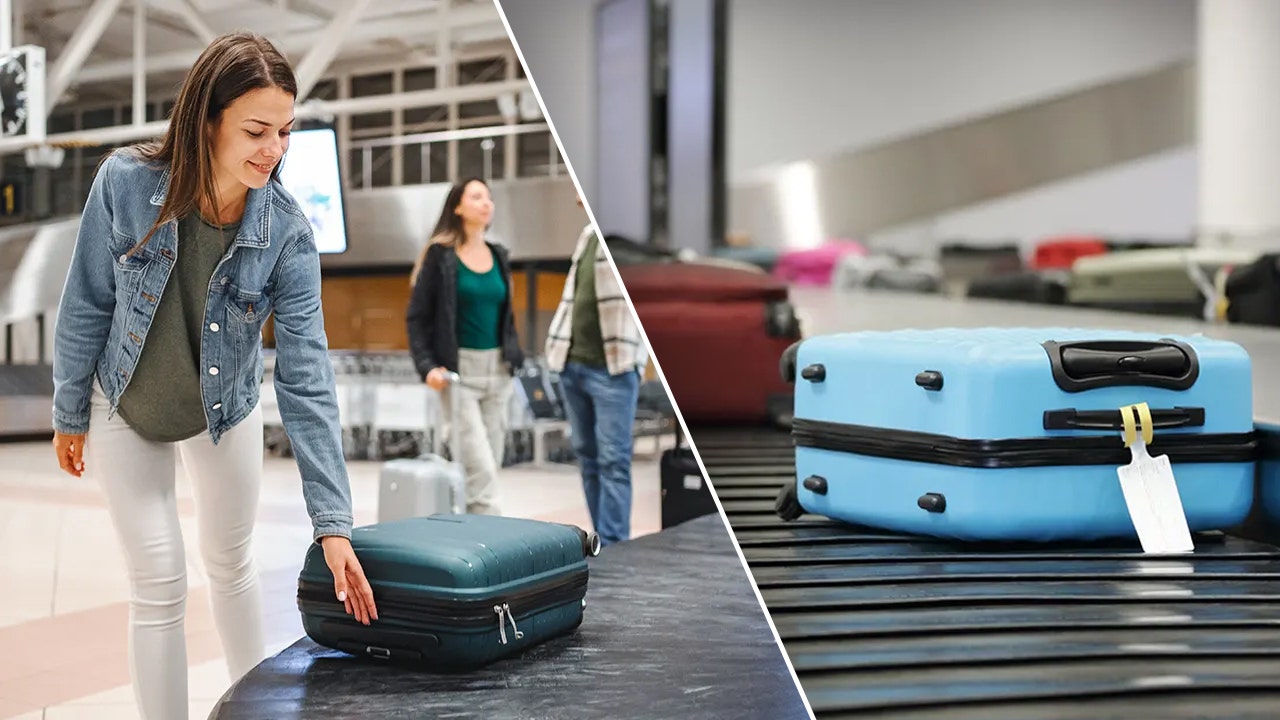PORT CHARLOTTE, Fla. — The alarming incident of a shooting and stabbing at a local Wawa spiraled from a seemingly minor dispute over a “no parking” decal affixed to a man’s car. This incident starkly illustrates how quickly a confrontation can escalate into violence, leaving all involved to confront the harsh realities of their decisions.
Amidst the sun-drenched afternoon, a worker spent his day checking the irrigation system at the Port Charlotte establishment when he was approached by the automotive parts manager. The manager pointed out a silver Lexus RX that had seemingly overstayed its welcome in the parking lot, urging the worker to take action. Ignoring the potential consequences, the worker slapped a “no parking” sticker on the vehicle and began to document the situation.
Not long after, Anthony Gooden emerged from the Wawa, his confrontational approach immediate as he demanded the removal of the sticker. The worker stood firm, explaining the boundaries of private property and his obligation to enforce the rules. What might have been a simple disagreement rapidly grew into shouts of ownership over a space that held little intrinsic value. The very air thickened with tension as Gooden, escalating both his volume and aggression, insisted he had control over the lot.
With the suggestion of calling deputies hanging in the air, the situation snapped when Gooden, in a desperate display of unchecked rage, brandished a small, folding knife. With swift strikes, he inflicted wounds to the worker’s chest and jaw, unleashing a fury that might have shocked even him. In that moment, as they grappled on the ground, a primal instinct kicked in, and the worker managed to push Gooden back.
In a chaotic twist, as he reached for what he believed to be his own knife, the worker instead felt the cold metal of a firearm tumble from his pocket. The sudden revelation turned the confrontation into a life-or-death clash. Gooden seized the worker’s gun, a chilling reminder of how quickly power dynamics can shift. The unexpected realization struck both men; it was not just about the parking decal anymore.
The worker made a desperate attempt to distance himself, exclaiming, “we’re done, we’re done,” as he jumped into his truck to escape the escalating madness. Yet, as he sought to protect others nearby by placing his vehicle between them and Gooden, the horror continued to unfurl. Gooden aimed and fired through the windshield, an act of violence that sent shivers through all who witnessed it.
As bullets ricocheted around the parking lot, the worker retrieved a rifle, turning the scene into a chaotic battlefield: shots rang out, and return fire erupted between the two men. Eight shots echoed back from the worker before Gooden fled into nearby woods, leaving a community shaken by the senseless violence.
A witness, caught in the crossfire, described the palpable fear in the air, ducking into a van to avoid being struck. This sentiment resonated; even as chaos reigned, it left a lingering question—how did we arrive at such a point over something as trivial as a parking decal?
When the shooting ceased, deputies responded swiftly, employing a K9 unit to track Gooden down in the woods. The aftermath revealed the troubling extent of injuries on both sides. The worker bore stab wounds in his stomach and jaw, alongside gunshot wounds in his back. Gooden, on the other hand, sustained six gunshot wounds, highlighting the perilous nature of their altercation.
Authorities charged Gooden with multiple counts of aggravated battery and other serious offenses, reflecting the gravity of what unfolded. His court appearance on a Monday morning cast a shadow over the community, raising concerns about safety in public spaces—a poignant reminder that even the smallest disputes can devolve into dangerous confrontations. The next court date, set for November 4, looms ahead, a beacon of uncertainty for all involved.


